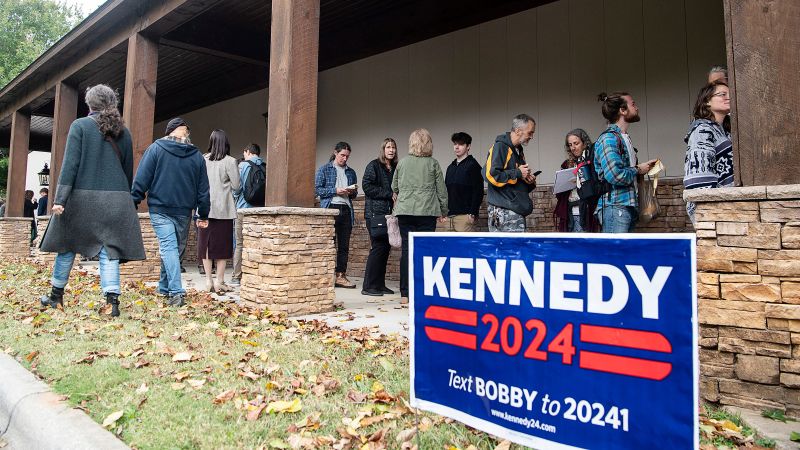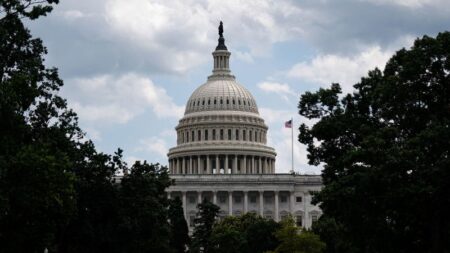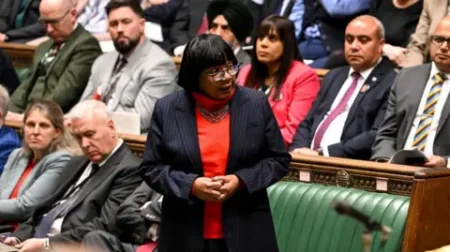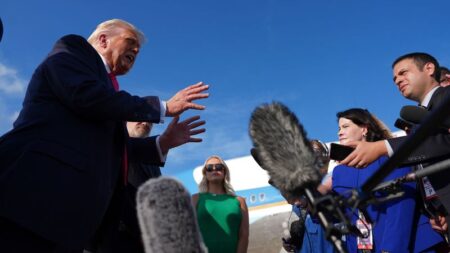In a recent development, the North Carolina State Board of Elections has decided to postpone a decision regarding the inclusion of Robert F. Kennedy Jr. and Cornel West on the state’s ballot. This decision comes after it was discovered that some voters who signed petitions to support the independent presidential hopefuls did not fully comprehend the purpose of those petitions.
During a hearing on Tuesday, board staff disclosed that they had contacted voters who had signed petitions to aid in the establishment of minor parties for Kennedy and West in the state. It was revealed that some of these voters “were not told the purpose and intent or did not understand the purpose and intent” of the petitions they had signed.
The objections raised by allies of President Joe Biden against the inclusion of Kennedy and West on the ballot have gained traction, with the pro-Biden super PAC Clear Choice alleging that both candidates misled voters who signed their petitions. The super PAC argued that this act violated a state law requiring political parties to inform signers of the “general purpose and intent” of the party.
Furthermore, the board staff reached out to 26 voters who supported Kennedy’s campaign and 66 individuals who supported West’s campaign by signing their petitions. West’s campaign submitted over 17,000 validated signatures, while Kennedy’s campaign submitted over 18,500 validated signatures. Both campaigns exceeded the minimum requirement of 13,000 valid signatures to be considered for approval by North Carolina’s elections board.
Despite these developments, the North Carolina elections board has not yet taken any action, with board chair Alan Hirsch stating that they are still reviewing the materials submitted during the petition process for both minor parties. The board’s decision-making process has revealed partisan tensions, as the five-seat board comprises three Democrats and two Republicans.
In a separate development, Kennedy has secured a spot on Minnesota’s presidential ballot, according to a state elections official. With ballot access also granted in Michigan, Tennessee, Oklahoma, Delaware, California, Hawaii, and Utah, Kennedy is now eligible to compete for a total of 110 electoral votes. So far, the Kennedy campaign has gained ballot access, submitted paperwork, or completed signature collection processes in 27 states.










